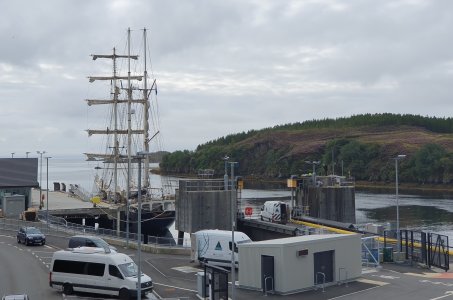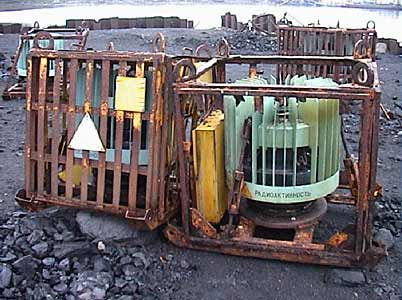Dave 71
Well-Known Member
Found this article interesting
https://www.bbc.co.uk/news/business-66300187
I like the idea of it, but really it can only be niche, and moving premium 'artisan' products that then sell for a premium price, and I cant see too many retailers wanting to tie up capital in 6 months of stock in case the ship is late. And using a sailing barge to move olives and coffee from Kent to London isn't going to dent the transport impact of getting it to the UK in the first place, a gimmick, unless it was moving local Kentish produce taken to the wharf by an electric vehicle or horse drawn cart.
https://www.bbc.co.uk/news/business-66300187
I like the idea of it, but really it can only be niche, and moving premium 'artisan' products that then sell for a premium price, and I cant see too many retailers wanting to tie up capital in 6 months of stock in case the ship is late. And using a sailing barge to move olives and coffee from Kent to London isn't going to dent the transport impact of getting it to the UK in the first place, a gimmick, unless it was moving local Kentish produce taken to the wharf by an electric vehicle or horse drawn cart.


